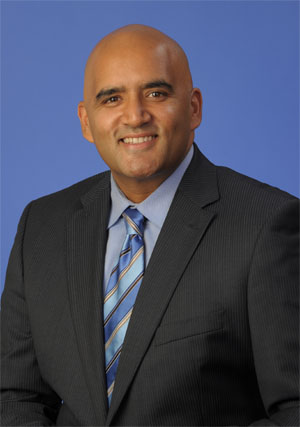CDOT Considering Charging Drivers by the Mile
Yesterday on Colorado Public Radio, Colorado Department of Transportation Director Shailen Bhatt revealed that the state agency is looking into a mileage-based user fee to fund road projects.

Bhatt told CPR’s Ryan Warner that Colorado is part of a “coalition” of states considering the funding mechanism, which charges drivers based on how much they use roads.
From the interview:
We’re absolutely working with states like Oregon who have taken a real pioneering role in this area. There is a coalition of western states to see what is possible, so I think it’s on the horizon. It’s not something we’re going to do immediately.
The fee, also called a vehicle miles traveled (VMT) fee, would help counteract the declining purchasing power of the federal gas tax, which has been pegged at 18.4 cents per gallon for more than 20 years.
The VMT fee could help Colorado make ends meet financially, Bhatt said. But a fee that charges drivers by the mile is more than a revenue generator. VMT fees lead to “more equitable and efficient use of roadways,” according to a report from the Government Accountability Office. They incentivize the use of transit and carpooling, which makes better use of existing roads, reduces congestion, and should, logically, suppress CDOT’s appetite for highway expansion.
Oregon has led the way by implementing the country’s only VMT fee program for cars and light commercial vehicles. Starting in July, its Road Usage Charge program will charge drivers who opt in 1.5 cents per mile. They’ll still pay federal and local gas taxes at the pump, but Oregon will either refund or charge them the difference between the fuel tax and the VMT rate, depending on their car’s data.
Bhatt called CDOT’s lack of funding the “800 pound gorilla in the room.” For a state DOT that’s expanding I-70 at a cost of almost twice its annual budget, the idea that insufficient funds are the primary problem is tough to swallow. But if VMT fees send a signal to drive less, it will reduce congestion and take away a favorite rationale for highway expansionists to spend gobs of money on bigger highways.


